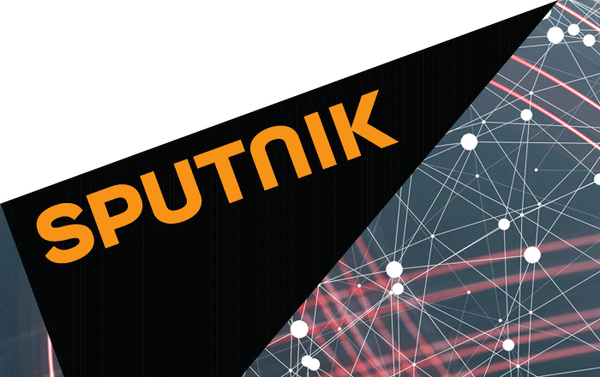Next weekend's presidential election in Venezuela on 20 May is regarded as a crucial referendum on the revolution and will determine the course of the political crisis. Many are framing the vote as a referendum on former President Hugo Chavez's Bolivarian Revolution after the systemic difficulties that his successor Nicolas Maduro has had to face in the five years since he took office. Caracas attributes this to the US' intervention in its affairs, which it accuses of wanting to overthrow the government in order to install a puppet regime in the energy-rich country that possesses the world's largest oil reserves in the Orinoco River basin. The opposition denies that they're working on the US' behalf and have instead claimed that Maduro has become a "dictator" whose socialist policies and epic mismanagement have run the once-prosperous country into the ground.
This election, like every other one since the beginning of the Bolivarian Revolution, is mired in controversy over the opposition's accusations that the results are rigged, and in this case, that the entire vote itself is illegitimate. That's why many of them plan to boycott the polls, just as they did last summer when Venezuelans voted in a constitutional referendum and for a constituent assembly to resolve the long-running political crisis. Interestingly, one opposition figure has refused to go along with the anti-government coalition's demands that their supporters stay away from the vote and has instead decided to run in it, thereby adding extra legitimacy to the election and earning his former allies' wrath. Henri Falcon broke ranks with the rest of the opposition and has even been called a "traitor" for wanting to participate in the democratic process that the authorities promise will be the most transparent ever.
Opinion polls still have Maduro leading, but the fact that some of the opposition are still participating is very important, as not only does it divide what had previously appeared to be the unitary anti-government bloc, but any partial success of these forces could make them part of the political process and therefore party to any forthcoming political solution to the crisis. Granted, some of the opposition don't want to cooperate with the government in any capacity, but therein lies the debate that's taken hold of them right now, and it's over whether real change should — or even could — take place peacefully through the ballot box and in the chambers of parliament or if the only chance for that to happen is through provoking unrest in the streets and literally fighting against the government.
Andrew Korybko is joined by Nino Pagliccia, Venezuelan author of «Cuba Solidarity in Canada — Five Decades of People-to- People Foreign Relations» and a retired researcher from the University of British Columbia, and Carlos Pafo Hidalgo Pérez, Sports Journalist from Caracas Venezuela who doesn't believe in capitalism nor Maduro.
Want to sound off and share what you think about this? Send us an email at radio@sputniknews.com or find us on Facebook!


